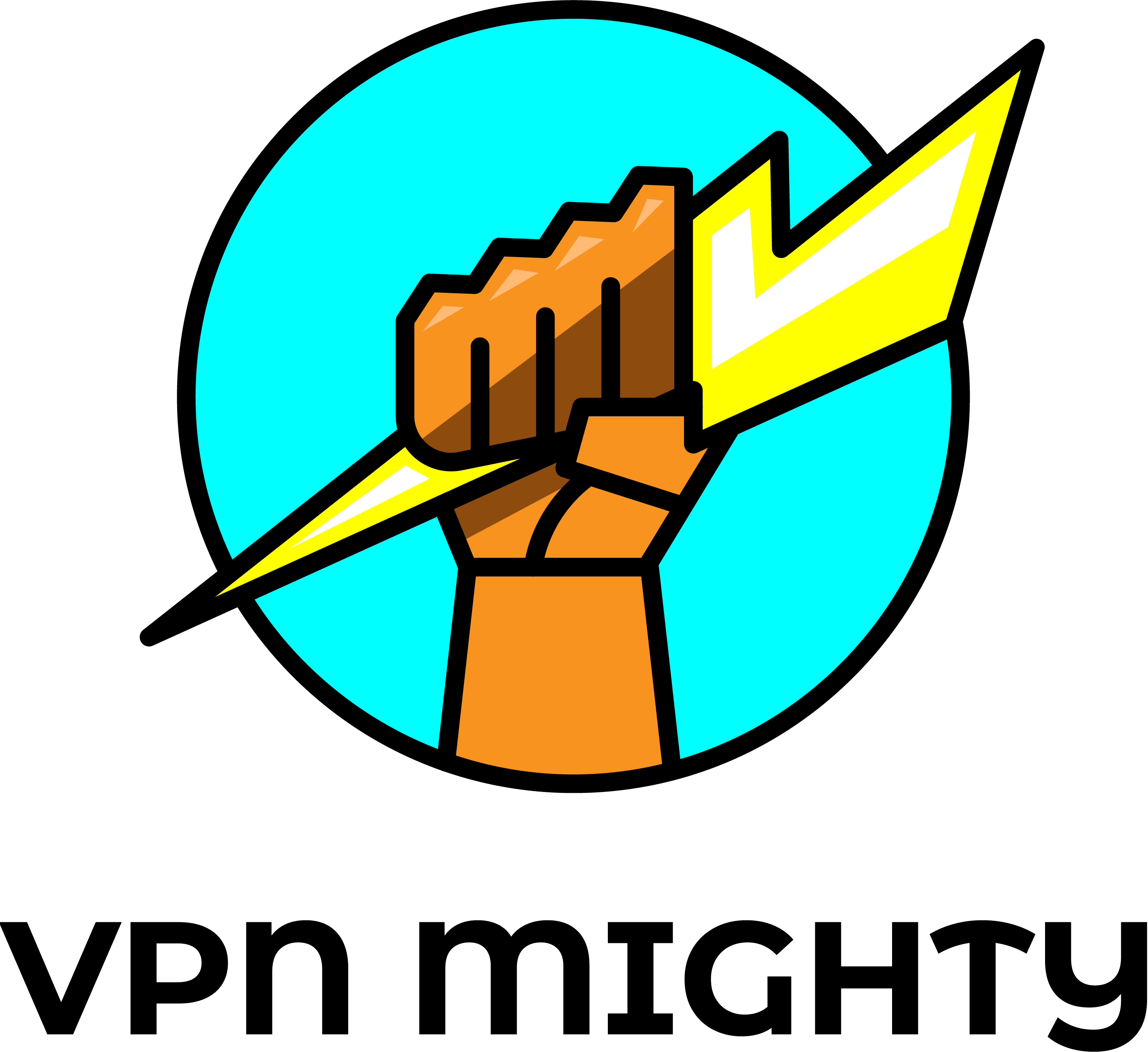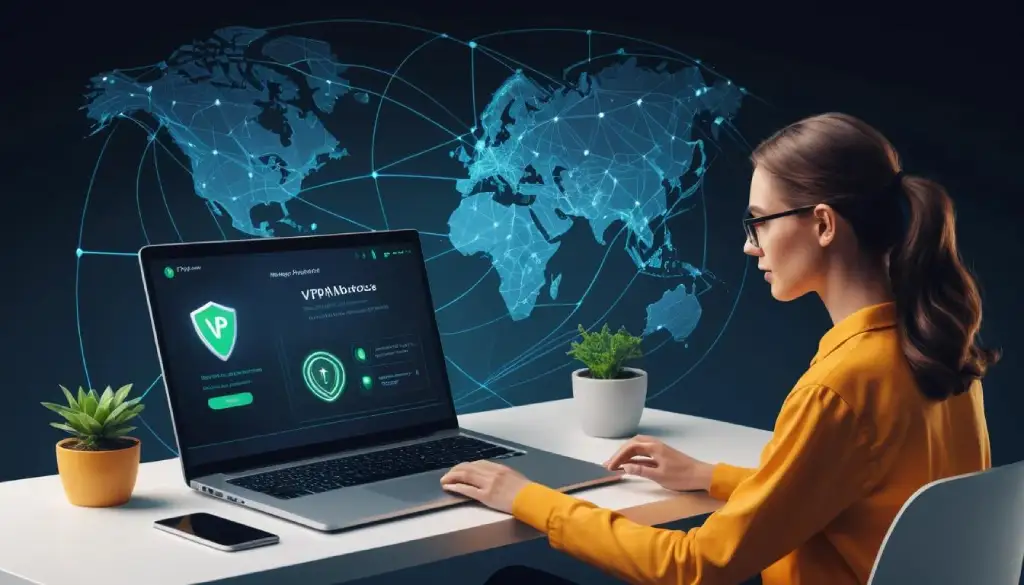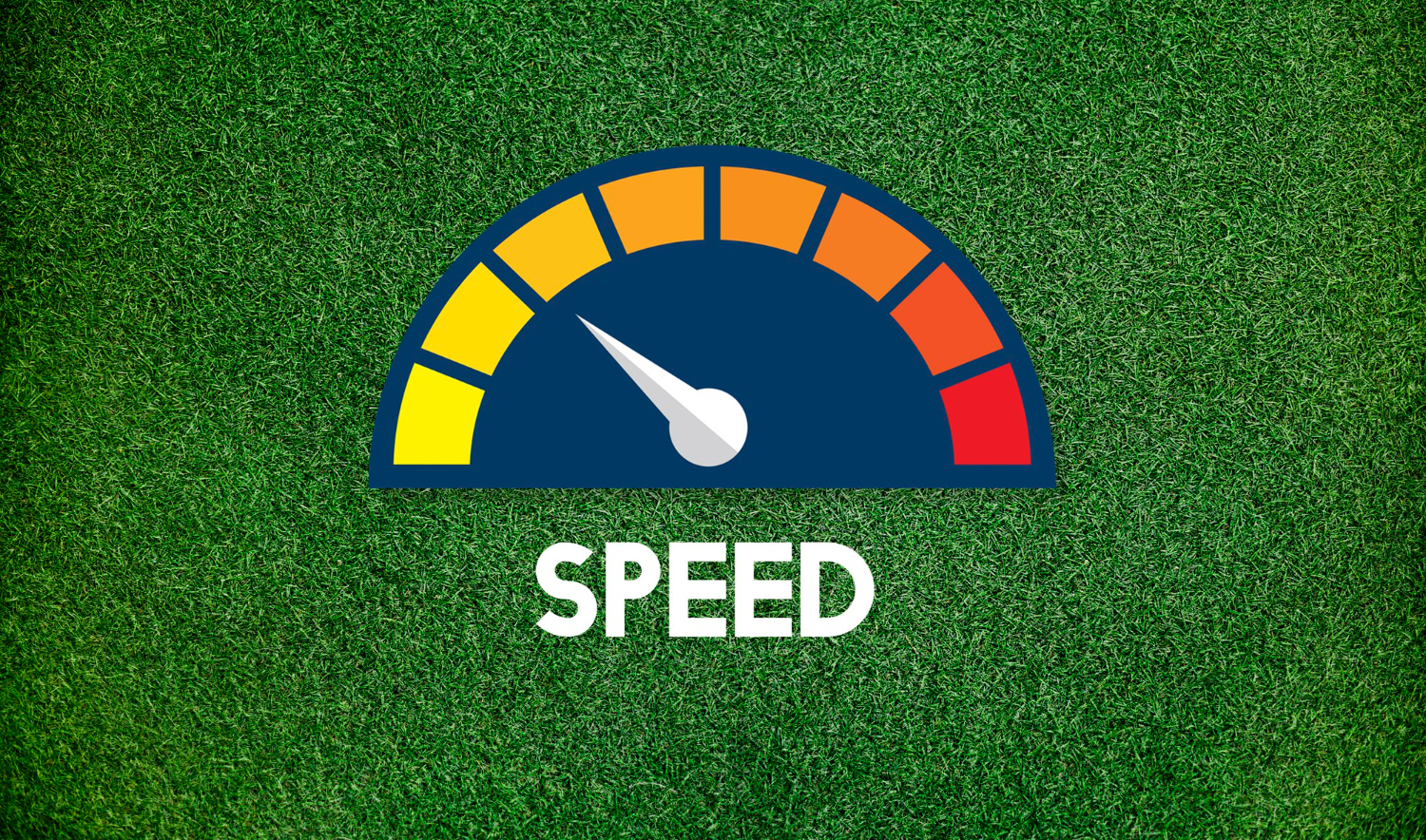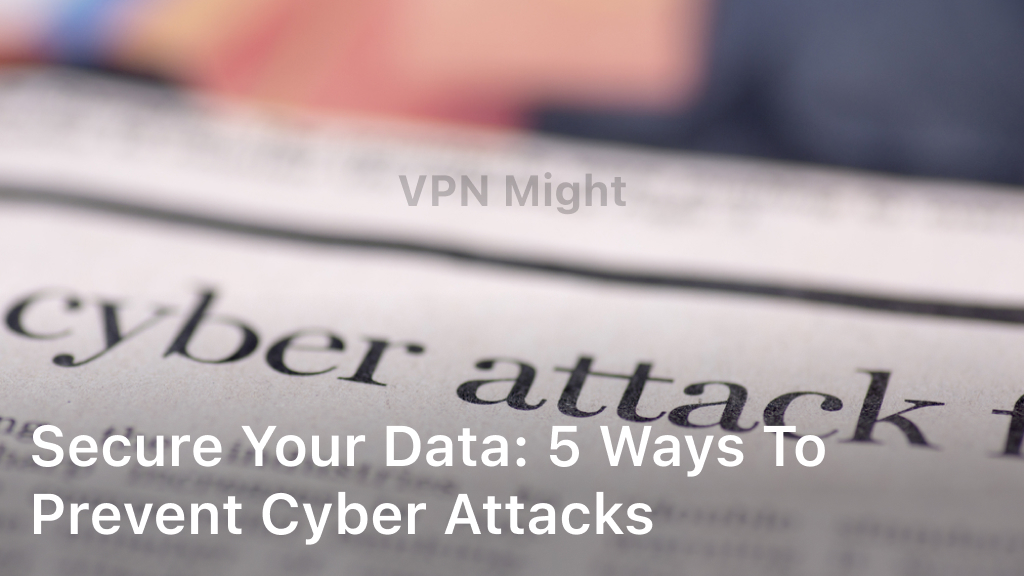How To Improve VPN Speed (Easy Guides)
Welcome to our comprehensive guide on how to improve VPN speed! If you’re experiencing sluggish connection or want to optimize your online browsing experience, you’ve come to the right place. In this article, we will provide you with easy and effective techniques to boost your VPN speed. By implementing these strategies, you’ll be able to navigate the internet faster and securely. So, let’s dive in and discover the world of VPN speed optimization!
Whether you’re using VPN for work, streaming, or general internet browsing, a slow connection can be frustrating. That’s why we’ve compiled a list of tips and tricks that will help you maximize your VPN speed.
From understanding VPN speed performance to optimizing your settings and implementing expert tips, we’ve got you covered. By following our step-by-step guides, you’ll be able to enhance your VPN speed and enjoy a seamless online experience.
So, are you ready to unlock the true potential of your VPN? Let’s get started by exploring the factors that affect VPN speed performance in the next section!

Understanding VPN Speed Performance
To enhance your VPN speed and enjoy a seamless online experience, it’s crucial to have a clear understanding of the factors that can impact its performance. By recognizing these elements, you can take the necessary steps to increase your VPN connection speed and enhance overall performance.
Network Congestion
One of the primary factors that can affect VPN speed is network congestion. During peak hours or when multiple users are connected to the same server, network congestion can occur, leading to slower speeds. To mitigate this issue, consider connecting to a VPN server with a lower user load or switch to a less busy VPN location.
VPN Server Distance
The distance between your device and the VPN server also plays a crucial role in determining connection speed. Generally, the farther the server is from your location, the slower the VPN connection speed may be. Opt for a server that is geographically closer to your physical location to minimize latency and improve speed performance.
Bandwidth Limitations
Another factor that can impact VPN speed is bandwidth limitations. Some VPN providers enforce bandwidth caps or data limits, which can result in reduced speed if these limits are exceeded. Review your VPN provider’s policies to ensure you are aware of any bandwidth restrictions that may affect your connection speed.
By understanding the impact of network congestion, VPN server distance, and bandwidth limitations on your VPN speed, you can take proactive measures to optimize your connection. Stay tuned for the following sections, where we will dive deeper into techniques and strategies to enhance your VPN speed performance.
Optimizing VPN Settings
Adjusting your VPN settings is a key factor in optimizing speed and enhancing your overall online experience. By following these step-by-step guides, you can maximize your VPN speed and ensure a seamless browsing experience.
Protocol Selection
Choosing the right VPN protocol can have a significant impact on your connection speed. Some protocols prioritize security over speed, while others offer a good balance between the two. Experiment with different protocols such as OpenVPN, L2TP/IPsec, or IKEv2 to find the one that works best for you.
Encryption Level
The level of encryption used by your VPN can also affect speed. While higher encryption provides stronger security, it can also slow down your connection. Consider adjusting the encryption level to strike a balance between security and speed. AES-128 or AES-256 are common encryption standards to consider.
Server Selection
The distance between your device and the VPN server can impact your connection speed. Choose a server that is geographically closer to your location to minimize latency and improve speed. Many VPN providers offer server recommendations based on speed and location, so take advantage of these features.
Additional Optimization Settings
Some VPN clients offer additional optimization settings that can further enhance speed. Look for options such as TCP/UDP switching, DNS leak protection, or kill switch functionality. Enabling these features can help fine-tune your VPN connection for optimal performance.
By optimizing your VPN settings, you can significantly boost your connection speed and enjoy a faster, more reliable online experience. Follow these strategies to maximize your VPN speed and optimize your browsing sessions.
Tips for Boosting VPN Speed
Apart from optimizing settings, there are additional tips and tricks you can employ to boost your VPN speed. In this section, we will share expert advice on tweaking DNS settings, using split tunneling, and implementing network optimizations. By following these tips, you can achieve faster VPN speeds and enhance your overall internet connectivity.
- Tweak DNS Settings: Changing your DNS server to a faster and more reliable one can significantly improve your VPN speed. Consider using popular DNS servers like Google DNS (8.8.8.8 and 8.8.4.4) or Cloudflare DNS (1.1.1.1 and 1.0.0.1).
- Utilize Split Tunneling: Split tunneling allows you to choose which traffic goes through the VPN and which traffic goes directly to the internet. By excluding non-essential traffic from the VPN, you can reduce latency and improve overall connection speed.
- Implement Network Optimizations: Optimizing your network settings can have a significant impact on VPN speed. For instance, updating your router’s firmware, using Ethernet instead of Wi-Fi, and avoiding bandwidth-intensive tasks while using the VPN can all contribute to a smoother and faster VPN connection.
Conclusion
Improving your VPN speed is essential for a smooth and secure online experience. By understanding the factors that affect performance, optimizing your settings, and implementing useful tips, you can enhance your VPN speed and enjoy faster internet browsing.
Start by considering network congestion, VPN server distance, and bandwidth limitations. These factors can significantly impact your VPN speed, so it’s important to choose the right VPN server and troubleshoot any network issues.
Additionally, optimize your VPN settings by selecting the appropriate protocol, adjusting encryption levels, and choosing the closest server to your location. These adjustments can help maximize your VPN speed and ensure a seamless connection.
Finally, take advantage of tips such as tweaking DNS settings, utilizing split tunneling, and implementing network optimizations. These techniques can further boost your VPN speed and improve overall internet connectivity.
Follow these easy step-by-step guides, and you’ll unlock the full potential of your VPN connection, experiencing faster speeds and enhanced online security.
FAQ
How can I improve my VPN speed?
To improve your VPN speed, you can try the following techniques:
– Connect to a server closer to your location to reduce network latency.
– Switch to a less crowded server to avoid network congestion.
– Adjust your VPN settings, such as changing the protocol or encryption level.
– Optimize your device’s network settings, like DNS or MTU configuration.
– Upgrade your internet plan or switch to a faster internet service provider.
– Ensure your device has sufficient processing power and memory to handle VPN encryption.
By implementing these strategies, you can enhance your VPN speed and enjoy a faster and more reliable connection.
Can using a VPN slow down my internet connection?
Yes, using a VPN can potentially slow down your internet connection. The encryption and data routing processes involved in using a VPN can introduce some overhead, which may result in a decrease in speed. However, this speed reduction is often negligible, and using a nearby VPN server or optimizing your VPN settings can help minimize any noticeable impact on your internet speed.
How do I choose the best VPN server for faster speeds?
To choose the best VPN server for faster speeds, consider the following:
– Select a server closer to your physical location to minimize latency.
– Look for servers with a low user load or choose less congested server locations.
– Test different server locations to see which one provides the fastest speeds.
– Take into account the specific services or websites you use and select a server optimized for those services.
By considering these factors, you can find a VPN server that offers faster speeds and an optimal browsing experience.
Why is my VPN connection slow on certain websites or services?
VPN connection speeds can vary depending on the specific websites or services you access. Some websites may implement measures to detect and block VPN connections, which can result in slower speeds or restricted access. Additionally, certain online activities, such as streaming high-definition videos or downloading large files, may require more bandwidth and can impact VPN performance. In such cases, try connecting to different VPN servers or using specialized VPN services designed for specific activities, like streaming VPNs.
Is it possible to increase VPN speed on mobile devices?
Yes, you can increase VPN speed on mobile devices by following these tips:
– Connect to a VPN server closest to your physical location.
– Disable battery optimization for the VPN app to ensure it runs efficiently.
– Use a VPN app that is optimized for mobile devices to minimize resource usage.
– Reduce the number of background apps running simultaneously to free up device resources.
– Check for any firmware updates for your device and VPN app to ensure optimal performance.




